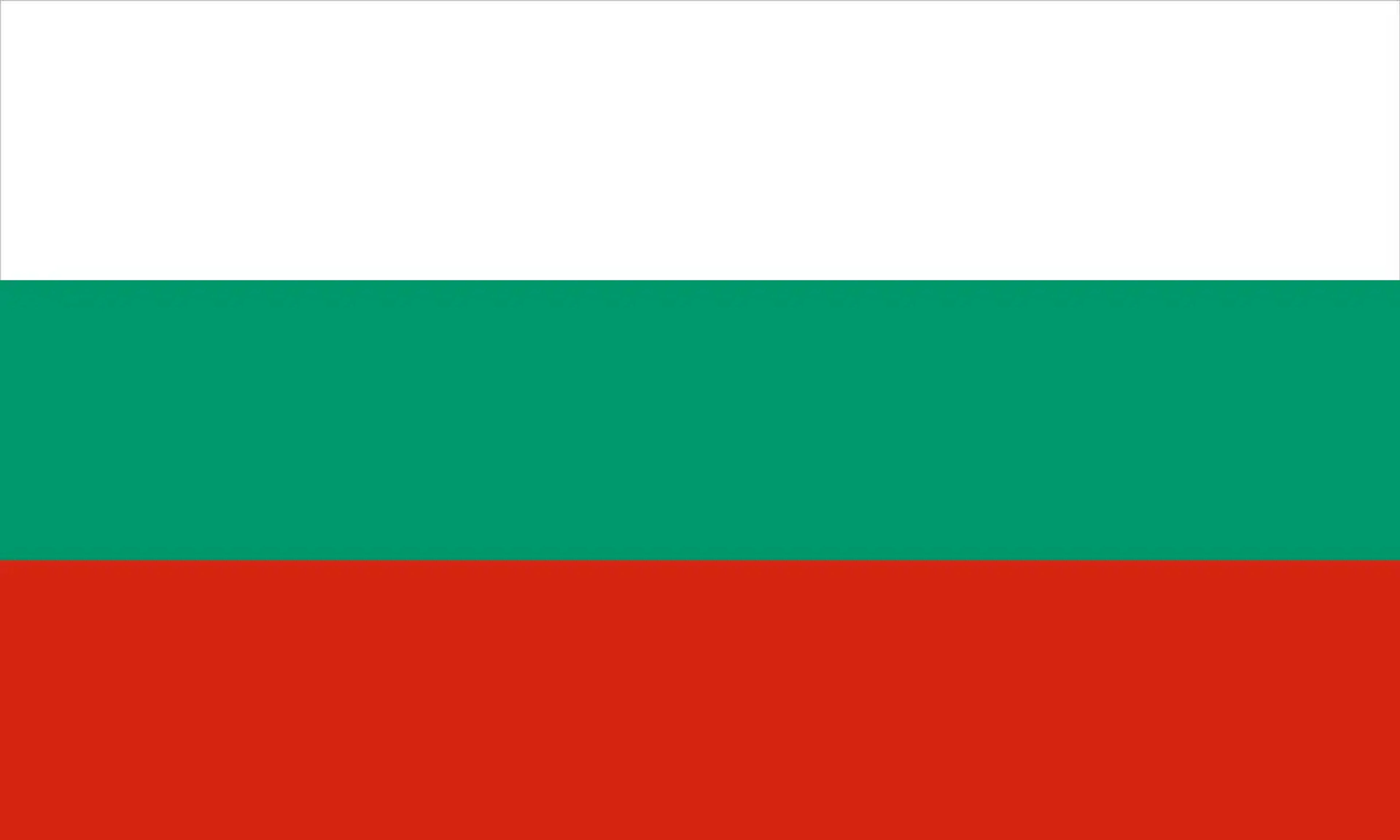Study in Bulgaria: Courses, Fees, Top Universities
Discover Universities, Courses, Eligibility, Scholarships & More
Bulgaria
Overview
Bulgaria is an increasingly popular place for international students to study. There were 15,093 foreign students studying in the country in the 2023/2024 academic year, roughly 8.2% of the total student population. Most of these students come from Greece (21.1%), the United Kingdom (14.4%), Germany (9.8%), Ukraine (9.5%) and Italy (6.1%).
Bulgaria tuition fees depend on the program and institution. Fees are usually around €2,900 to €3,900 per year for undergraduate degrees, and €3,000 to €3,900 per year for postgraduate courses. Tuition fee can be more for specialized fields like medicine, dentistry, and pharmacy that go up to €8,000 annually.
If looking for a cheap European destination then Bulgaria is the place to be. International students need to budget around €500/month, including accommodation, food, transportation, and other personal expenses. This cost comes down to about €6000 a year, making Bulgaria an affordable option for students who want to study abroad.
Study in Bulgaria– Quick Highlights
Feature | Details |
Top Universities | - Sofia University "St. Kliment Ohridski" - New Bulgarian University - American University in Bulgaria - University of National and World Economy - Medical University of Sofia - Plovdiv University "Paisii Hilendarski" |
Popular Courses | - Engineering (Mechanical, Civil, Electrical) - Business Administration - Computer Science and Information Technology - Healthcare (Medicine, Dentistry, Pharmacy) - Humanities and Social Sciences |
Average Tuition Fees | $3,000 – $8,000 per year (depending on the program) |
Cost of Living | $300 – $600 per month (depending on the city and lifestyle) |
Work while Studying | Up to 20 hours per week during semesters , full-time during breaks |
Post Graduation Options | Local employment opportunities and emerging international career paths, supported by EU recognition and strong industry networks |
Languages | The official language is Bulgarian; many programs are available in English, while some courses may require proficiency in Bulgarian |
5
Universities
Cost of Living
Work permit duration
International Students
Bulgaria
Top Universities in Bulgaria
Bulgaria has a lot to offer in terms of top universities, quality education, research opportunities, and academic programs. They provide excellent facilities, programs and extensive support services for international students. The following table throws light on the top universities in Bulgaria:
University Name | Location | Popular Courses |
Sofia University "St. Kliment Ohridski" | Sofia | Humanities, Sciences, Law, Social Sciences |
New Bulgarian University | Sofia | Business, Law, Computer Science, Media |
American University in Bulgaria | Blagoevgrad | Business, Economics, Political Science, International Relations |
University of National and World Economy | Sofia | Economics, Finance, Business Administration, International Economics |
Medical University of Sofia | Sofia | Medicine, Dentistry, Pharmacy |
Plovdiv University "Paisii Hilendarski" | Plovdiv | Humanities, Natural Sciences, Arts, Social Sciences |
Bulgaria
Cost Of Study
Studying in Bulgaria offers a cost-effective alternative for international students, with affordable tuition fees and living expenses. Below is a breakdown of the estimated costs associated with studying in Bulgaria:
Category | Estimated Costs (USD) |
Tuition Fees | $3,000 to $8,000 annually |
Accommodation | $200 to $600 per month |
Food | $150 to $300 per month |
Transportation | $15 to $40 per month |
Health Insurance | $80 to $150 annually |
Books and Supplies | $50 to $100 per semester |
Requirements to Study Abroad in Bulgaria
In Bulgaria, universities establish their own admission criteria, which may vary by institution and program. Prospective students should consult their chosen university for specific requirements. Generally, the eligibility criteria include:
Education: Completion of secondary education (high school) is mandatory for undergraduate programs. Applicants must provide a high school diploma or equivalent certificate.
Academic Performance: For undergraduate admissions, a minimum average grade is often required. For instance, some institutions expect a grade of 'Good' (equivalent to 4 out of 6 in the Bulgarian grading system) or approximately 72% of the maximum possible score.
Age Requirement: Applicants are typically required to be at least 17 years old at the time of application.
Language Proficiency: If the program is taught in English and the applicant's first language is not English, proof of English proficiency is necessary. Accepted standardized exams and minimum scores include:
- IELTS: Minimum score of 6.0
- TOEFL: Minimum score of 550 (paper-based) or 79 (internet-based)
- Cambridge English Qualifications: FCE, CAE, or CPE
Documentation: Applicants must provide a valid passport during the application process. Additional required documents may include academic transcripts, a medical certificate confirming good health, and passport-sized photographs.
Eligibility to Study in Bulgaria
Documents Required for International Applicants to Pursue Higher Education in Bulgaria:
- Educational Credentials: For programs of study at the undergraduate level: A high school diploma or equivalent qualification.
- For Master’s Programme: Bachelor’s degree certificate from an accredited institution.
- For doctoral programmes: A master’s degree certificate, and if applicable a research proposal.
- Academic Transcripts: These are official documents that provide a list of previous courses taken and academic achievements in prior studies.
- Application Form: A university specific application form filled out and signed.
- ID: A copy of a current passport or national ID card.
- Photograph: Recent passport-size photographs, 3.5 x 4.5 cm in general.
- Language Proficiency: English language proficiency (e.g.: IELTS or TOEFL scores) if the program is delivered in English.
- Additional Documents:
- Curriculum Vitae (CV) detailing academic and extracurricular achievements
- Letters of recommendation (if needed by the institution).
- In good health in the form of a medical certificate.
- Financial evidence of funds for tuition fee and livi
Bulgaria
Why Study in Bulgaria?
Bulgaria is becoming an attractive destination for international students due to its affordable education and growing international recognition. Here are some reasons motivating students to study in Bulgaria:
- Tuition Fees: Bulgaria is also an excellent option, especially for students from the countries with weaker economies. Tuition Fees: The tuition fees in Malaysia are much lower than most of the western world, which is a huge relief for the students.
- Huge Recognition: Sofia Medical University and Plovdiv Medical University are few of the institutes in Bulgaria that offer the best medical. all universities are internationally accredited Such degrees are recognized by several organizations around the world that allow graduates to work globally.
- Course Duration: The duration of the programme is around five to six years, when it comes to courses like medicine. The full-fledged theoretical study and practical training goes on for a long time during this time, and students establish useful professional relationships for their future careers.
- Qualified Faculty: Bulgarian universities faculty includes highly qualified professors, who are experienced and have their advanced qualifications. They offer students detailed training in their current areas.
Modern Facilities and Residential Services : Educational institutions upgrade their respective facilities in Bulgaria on a regular basis, providing new laboratories, libraries and classrooms. Several universities offer dormitory facilities in addition to catering to foreign students.
Bulgaria
Popular Courses in Bulgaria
Bulgaria universities offer options for undergraduate courses, certificates, and diplomas. Some of the most popular courses are:
- Economics: Economics programs in Bulgaria cover business fundamentals, financial markets, policy-making processes, and economic research. These programs prepare students for careers in finance, policy analysis, and consultancy, with many courses offered at institutions like the University of National and World Economy.
- MBBS (Bachelor of Medicine, Bachelor of Surgery): Bulgarian medical universities—such as those in Sofia, Plovdiv, and Varna—offer MBBS programs that provide extensive training in medicine, healthcare, and surgery. These degrees are internationally recognized and typically span six years.
- Management: Management studies in Bulgaria encompass business strategy, leadership, and organizational behavior. Programs focus on business administration, entrepreneurship, and effective leadership, preparing graduates for diverse roles in the corporate and public sectors.
- Social Sciences: Social sciences courses include sociology, psychology, political science, and anthropology. These programs explore societal structures, social issues, and human relationships, equipping students for careers in public policy, social work, and research.
- Information Technology (IT): IT programs in Bulgaria address software development, network security, database management, artificial intelligence, and data science. These courses meet the growing demand for technology professionals in both domestic and international markets.
- Engineering: Engineering courses cover various branches such as mechanical, civil, and electrical engineering. These programs provide technical knowledge and practical skills necessary for designing, developing, and maintaining systems across industries.






